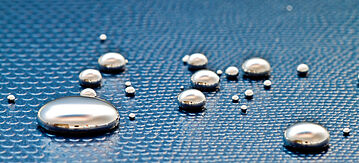EU Mercury Regulation in place as of 2018
The use of mercury in the EU will be reduced to a minimum over the years to come. The new EU Mercury Regulation, which entered into force this year, places a ban on exports of certain mercury compounds, the import and export of certain mixtures of mercury and the production and marketing of new mercury-containing products. The Regulation only allow a very limited number of exceptions. Mercury has properties that can pose a significant hazard to human health, fauna and flora as well as ecosystems. In detail the EU Mercury Regulation sets out the following bans:
- as of 1 January 2018, production processes using mercury or mercury compounds as catalytic converters are prohibited;
- as of 31 December 2018, export, import and manufacturing of certain lamps will be prohibited (compact fluorescent lamps, high-pressure mercury vapour lamps);
- as of 1 January 2018, operators of dental facilities in which dental amalgam is used must install amalgam separators which safely collect mercury residues from fluids and waste water;
- as of 1 July 2018, dental amalgam may no longer be used for dental treatment of deciduous teeth, of children under 15 years and of pregnant or breastfeeding women.
The Regulation, which was adopted in 2017, sets out further restrictions and prohibitions of use. It implements the Minamata Convention which is aimed at a drastic reduction of the worldwide use of mercury. Germany became a Contracting Party to the Convention on 14 December 2017.

